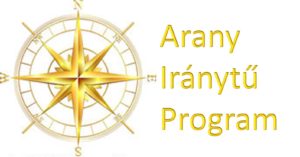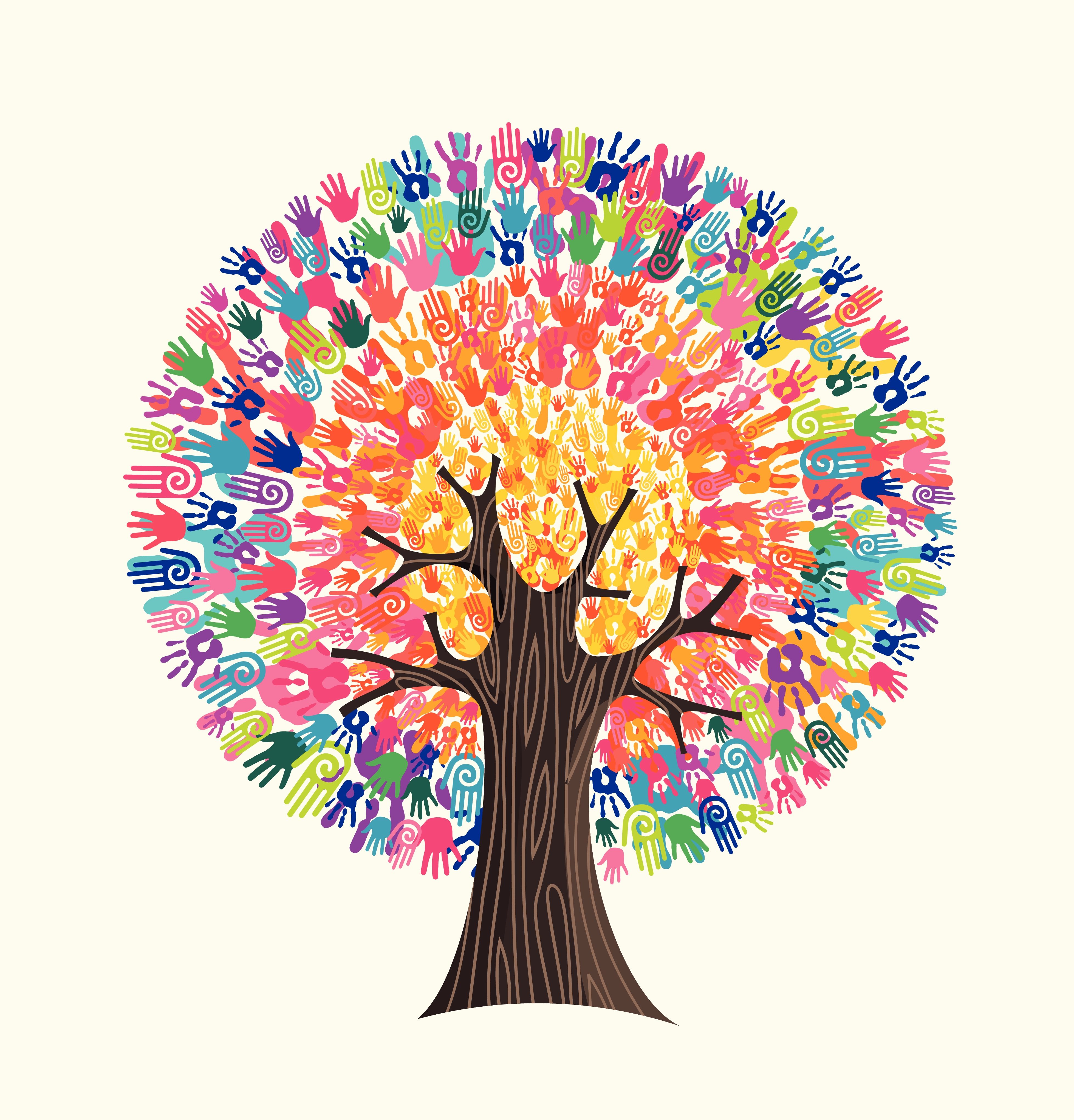Civil Award 2020 “Most Impactful Project”
The Golden Compass program is a one-year mental health rehabilitation and preparation program for students who are emotionally or mentally impaired and have lost their motivation to learn.
 The program seeks to address phenomena such as early school leaving, school aggression, bullying, adolescent depression, autoaggression, substance use, and juvenile delinquency, which are growing social problems. Its novelty is that the classes are given to students as part of school training, where the framework for operation serves to improve mental health in all respects.
The program seeks to address phenomena such as early school leaving, school aggression, bullying, adolescent depression, autoaggression, substance use, and juvenile delinquency, which are growing social problems. Its novelty is that the classes are given to students as part of school training, where the framework for operation serves to improve mental health in all respects.
In schools, there has been a dramatic increase in the proportion of students who are unmotivated to learn, accumulate failures, and are unable to integrate. Many students have had 4-5 school changes in their lives, are lagging behind, and many have been victims of exclusion and abuse. Previously, our students could not be encouraged to study with enormous efforts, the drop-out rate was high and the rate of year repetitions was high. In our joint research, we have found that the biggest barrier to successful learning is generalized anxiety disorder. This is a common phenomenon in students ’lives today, caused by a combination of detachment from communities and nature, a passive-inclusive role in school, low self-esteem, a crisis of social values, an uncertain vision, and unprocessed individual trauma.
In Hungary, there is no comprehensive mental health care for the affected target group, although the emotional, social and mental condition of the age group is constantly deteriorating. The absolute novelty of the project is that it brings mental health care within the walls of the school to an unprecedented extent, treating this aspect of education on an equal footing with learning activities. He treats community formation and the development of emotional intelligence as a key goal, which is an essential condition for social success. It is able to compensate for the effects present in society and extremely harmful to adolescents, as a result of which it contributes to later successful employment, family life, individual responsibility and social cooperation.
At the presentation site of our program, there is a preparatory year in a close-to-nature environment, where the emphasis is on self-knowledge and mental health care. Students are given freedom, attention and acceptance to form a cohesive community. They get to know themselves, find their inner resources, gain experiences of success, regain their self-esteem, and become able to set goals. Students with an average background form a community with children cared for by the state, the mentally handicapped and of Roma origin, and social prejudices disappear. By restoring self-confidence and confidence, we can put them back in a learning state and open up a new career for them.
Students take 350 hours of mental health classes in the first semester, during which they take on self-knowledge and community-building tasks, learn conflict management, and intensively develop their emotional intelligence. Our mentors strive to develop competencies in motivation, communication, empathy, responsibility, independence, and collaboration. In the second semester, the curriculum is developed in the form of projects, during which students are creative participants in the learning process. The on-site designated manager is responsible for the design and day-to-day operation of the program. The work with the students takes place in three groups, led by two group leaders, mentors and teachers.
A special feature of our program is the principle of voluntary participation. Students can make their own decisions about whether they want to participate in a given activity and remain passive with impunity. Many years of experience show that over time they all get involved in joint activities with pleasure, and by then they have a high degree of commitment. They value freedom of choice that has not been experienced before in a school setting. Novel, but it is essential to temporarily suspend performance appraisal. Students have had a myriad of failures from their previous school experiences, are frustrated with performance measurements, and behave in an avoidant manner. Suspending the evaluation allows you to experience the joy of the activity and develop your self-esteem.
For a year, the class and the six adults form a single community, allowing for the building of very personal relationships, real trust, that is essential for adolescents to truly open up to their problems. New behavioral models, conflict management skills, and other social competencies are thus able to be permanently ingrained and transferred to another environment, another community. Because of their deep personal connection, students are willing to view mentors as role models, making many values transferable.
Results:
Aggression (which was unfortunately commonplace in the past) has completely disappeared among students, and the ability to cooperate has skyrocketed. Students ’self-esteem and future prospects have clearly improved. Drug use has declined significantly, and other crimes and offenses have also become negligible. Students are much more attached to the institution.
